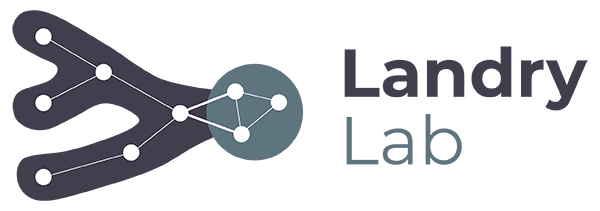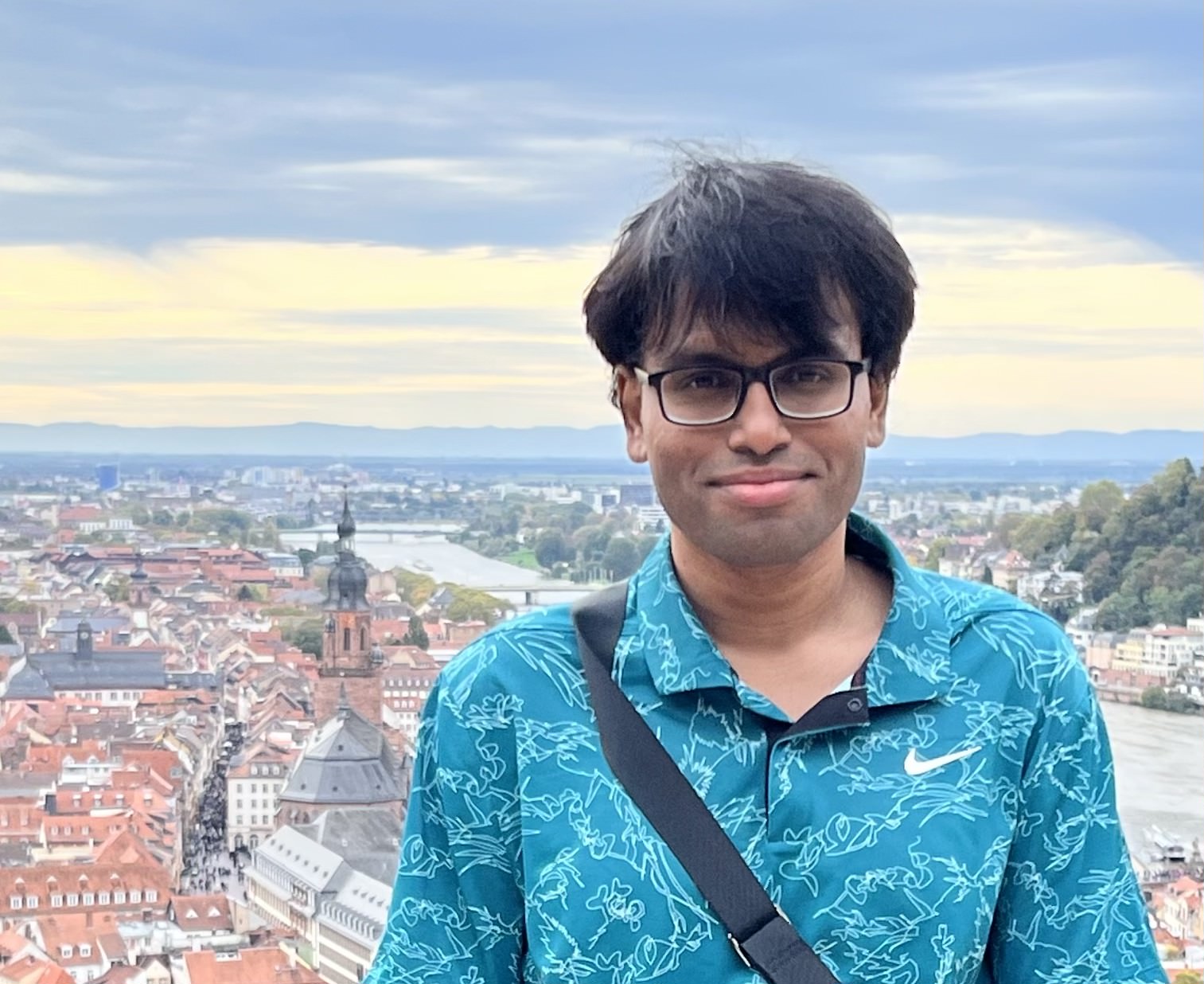Soham
Dibyachintan
PhD student / Evolutionary systems biology
e-mail: soham-dibyachintan.soham-dibyachintan.1 [at] ulaval.ca
Biography
My interest in studying biology arose from reading popular science textbooks about evolution and genetics by various authors during my freshman and sophomore years in undergraduate, even though I was majoring in Chemical Engineering. During the four years of my undergraduate studies at the Indian Institute of Technology, Bombay, I got the opportunity to work on various computational and modelling projects on quorum sensing and ubiquitination in pathogenic bacteria and the protein folding problem using the hydrophobic-polar model framework. I got an opportunity to do an internship at Dr Christian Landry’s laboratory at the end of my junior year, in the summer of 2019, where I got to work on my first experimental project, which involved studying the effects of mutations on protein-protein interactions using deep mutational scanning and CRISPR. This experience motivated me to pursue research in molecular evolution, and I decided to return to Landry lab for my master’s. Owing to the pandemic, I spent the second half of my senior year developing comprehensive epidemiological models to aid public health policy decisions. I finished my undergraduate degree in August 2020 and continued working on studying the socio-economic costs of the pandemic. Finally, in May 2021, I started my Master’s Degree in Biochemistry at Laval University in Landry lab. I transitioned into the PhD program in 2022 and have been working on the evolution of domain-mediated signaling pathways in S. cerevisiae.
Research interests
I am broadly interested in studying how the binding interfaces of protein-protein interactions in paralogous and orthologous protein families have evolved across species. For my master’s project, I used various bioinformatics tools and analyses to identify key sequence features and binding motifs in protein sequences to understand the limits to which the binding specificity profiles of domain-peptide interactions are conserved in orthologs and paralogs.
Publications

Dibyachintan S, Dubé AK, Bradley D, Lemieux P, Dionne U, and Landry CR. Cryptic genetic variation shapes the fate of gene duplicates in a protein interaction network. Nature Communications 16, 1530 (2025)

Rouleau FD, Dubé AK, Gagnon-Arsenault I, Dibyachintan S, Pageau A, Després PC, Lagüe P, and Landry CR. Deep mutational scanning of Pneumocystis jirovecii dihydrofolate reductase reveals allosteric mechanism of resistance to an antifolate. PLOS Genetics 20 (4):e1011252 (2024)

Apte S, Bhutda S, Ghosh S, Sharma K, Barton TE, Dibyachintan S, … Neill DR, and Banerjee A. An innate pathogen sensing strategy involving ubiquitination of bacterial surface proteins. Science Advances 9 (12), eade1851 (2023)

Dibyachintan S, Nandy P, Das K, Vinjanampathy S, and Mitra MK. Unequal lives: a sociodemographic analysis of COVID-19 transmission and mortality in India. Public Health 214, 133-139 (2023)


Dionne U, Bourgault E*, Dubé AK*, Bradley D*, Chartier FJM*, Dandage R, Dibyachintan S, Després PC, Gish GD, Hang Pham NT, Létourneau M, Lambert JP, Doucet N, Bisson N, and Landry CR. Protein context shapes the specificity of SH3 domain-mediated interactions in vivo. Nature Communications 12, 1597 (2021)

